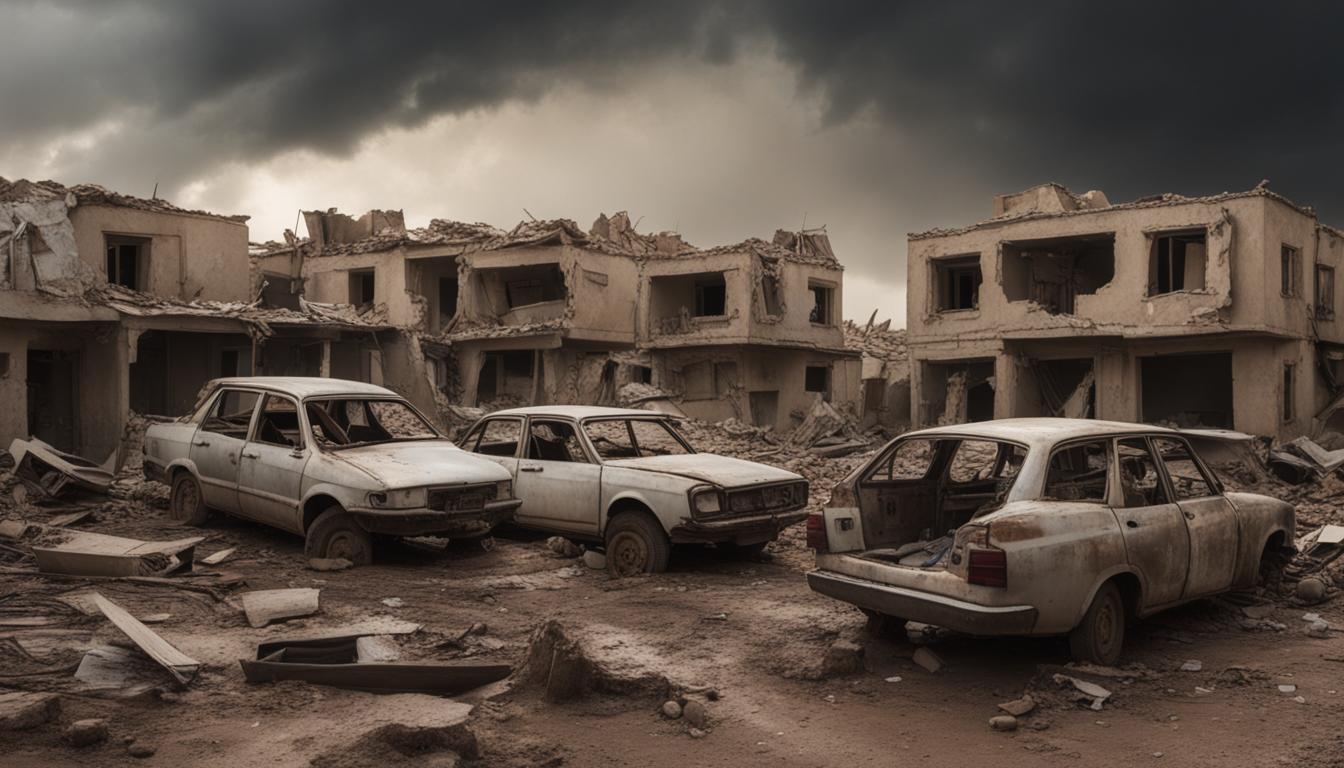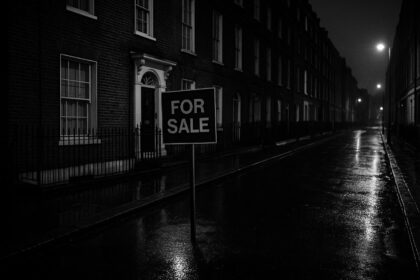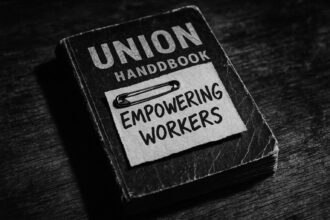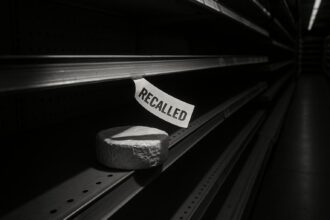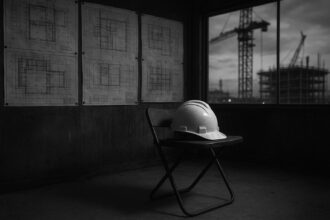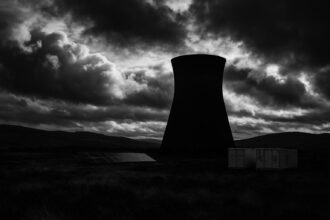Recent attacks in the West Bank and escalating tensions in Gaza underline the worsening situation in the region, involving Israeli settlers, Palestinian residents, and international diplomatic pressures.
On May 10, 2024, the West Bank village of Duma experienced significant damage when 15 homes and several cars were destroyed in an attack by Israeli settlers, leaving six residents injured. Suleiman Dawabsha, the village council chairman, highlighted the villagers’ lack of resources to defend against such violence, recalling a deadly incident in 2015 where three Palestinians, including a baby, were killed in a similar attack in Duma. The recent violence has exacerbated regional tensions, underscored by the deaths of two Palestinians near Aqraba. Human rights groups in Israel attribute the rise in settler violence to governmental policies and the perceived collaboration between settlers and the military.
In a separate incident, Philippe Lazzarini, the head of the UN agency for Palestinian refugees (Unrwa), announced the temporary closure of its East Jerusalem headquarters following several attacks by Israeli extremists. This decision was made after an arson attack and instances of stone-throwing at the facility. These attacks come at a challenging time for Unrwa as it deals with funding issues and is struggling to maintain operations for millions of Palestinian refugees.
Additionally, amid escalating tensions between Israel and the US regarding the ongoing conflict in Gaza, Israeli Prime Minister Benjamin Netanyahu stated that Israel is ready to “stand alone” if necessary. This statement came in response to US President Joe Biden’s warning that the US might withhold arms shipments in the event of a full-scale Israeli invasion of Rafah, Gaza. The city of Rafah has seen over 80,000 people flee due to continuous bombardment, raising humanitarian concerns over the city’s remaining inhabitants.
Together, these events highlight the current volatile state of Israeli-Palestinian relations and the broader geopolitical implications affecting the region.


